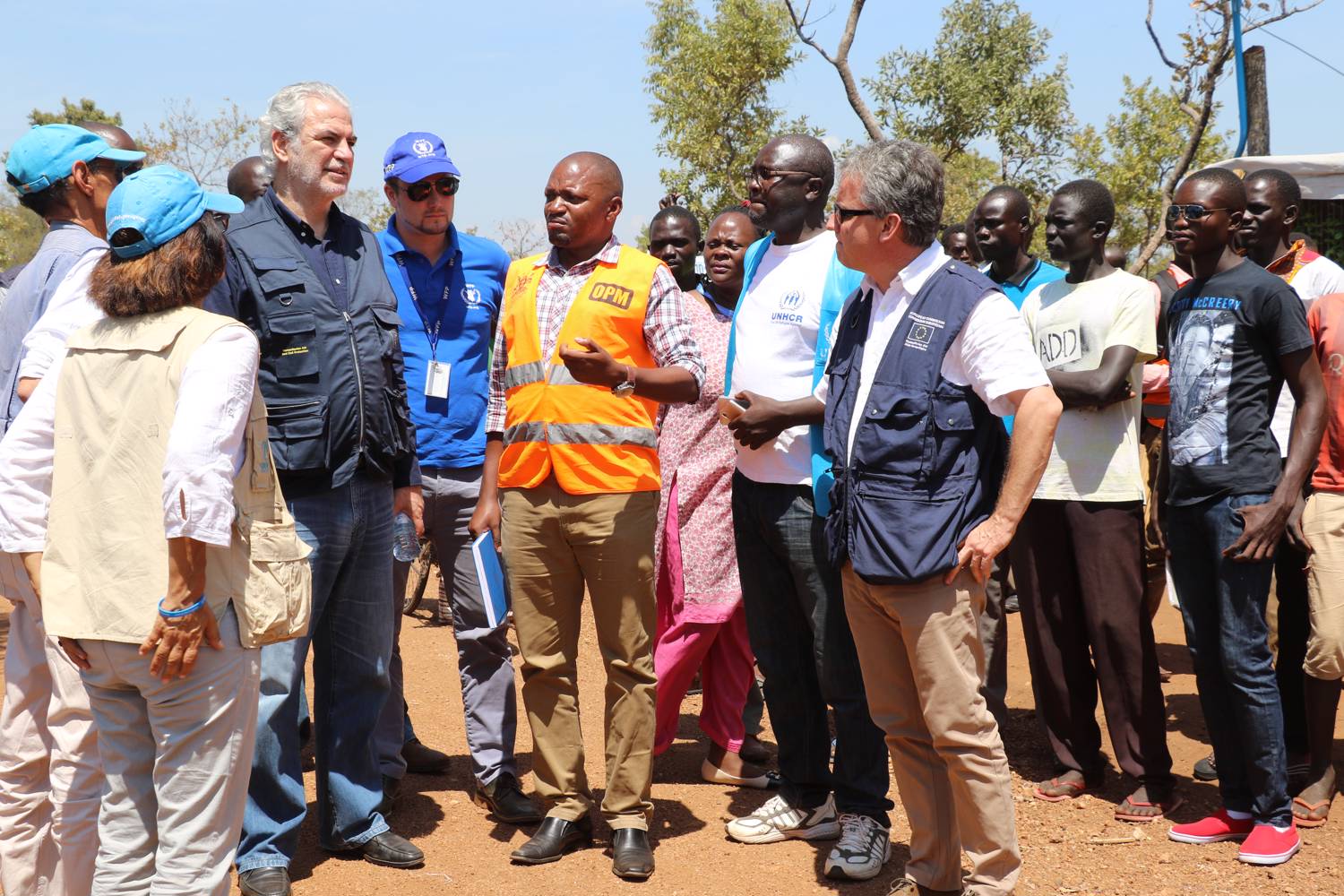
Little is known about how accountability is understood and practiced by (local and transnational) citizens in comparison to professional humanitarians.
Holding aid accountable: Plural humanitarianism in protracted crisis (AidAccount). This is a 3.5 year project that now has received funding from the NORGLOBAL Programme of the Research Council of Norway.
Congratulations to project leader Cindy Horst, and her team at PRIO: Marta Bivand Erdal, Mohamed Aden Hassan and a Post-Doc position!
In situations of protracted humanitarian crisis, local residents and diaspora groups are key humanitarian actors. They are often the first to assist in emergencies, and they remain engaged throughout the complex crises that may follow.
Little is known about how accountability is understood and practiced by (local and transnational) citizens in comparison to professional humanitarians. While the professional sector relies heavily on technical-financial systems, the civic humanitarians often depend on trust-based social networks and social media to provide accountability.
How is accountability defined and practiced locally at the meeting point between civic and professional humanitarianism in protracted crises?
AidAccount aims to map, document, and analyse the moral and social dimensions of accountability as understood and practiced by civic and professional humanitarian aid providers in protracted crises in Uganda, Somalia and Sri Lanka. The project uses the case-study method and in each case, complementary qualitative methods - including participatory mapping, document analysis, semi-structured interviews and focus group discussions - will be used to study the normative, institutional and experiential dimensions of accountability conceptualizations and practices.
By developing knowledge about this neglected yet important subject, the project will support the efforts of professional humanitarian actors to improve localisation and thus increase the efficiency of aid delivery.
The project furthermore aims to develop a 'humanitarian lab' to support knowledge-based policy decisions and improve accountability to both donors and aid recipients. The explicit intention is to cultivate relationships between researchers, humanitarians, policy makers, donors and aid recipients that will lead to sustained interactions and collaborative learning.
Non-PRIO Project Members
- Hilde Refstie (NTNU)
- PhD (NTNU)
- Cathrine Brun (Oxford Brookes)
- Eria Serwajja (Makerere University)
- Danesh Jayatilaka (Centre for Migration Research and Development)
- Mohamed Aden Hassan (Rako Research and Communication Centre - also a PRIO Global Fellow)





